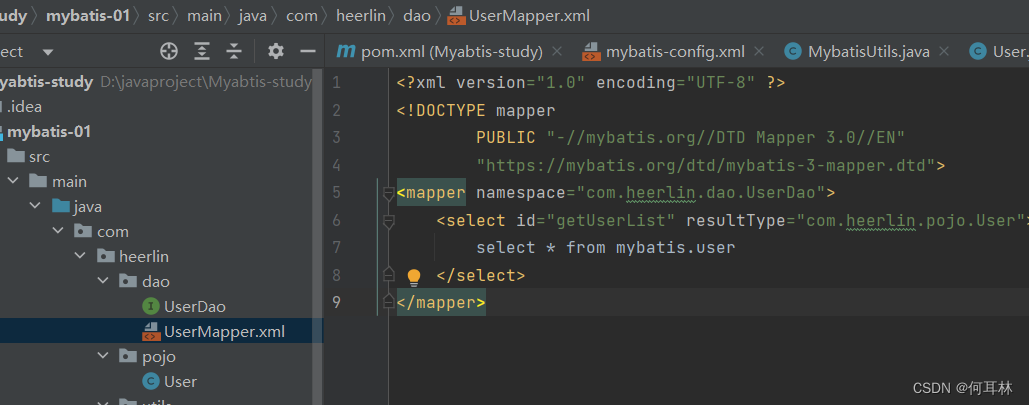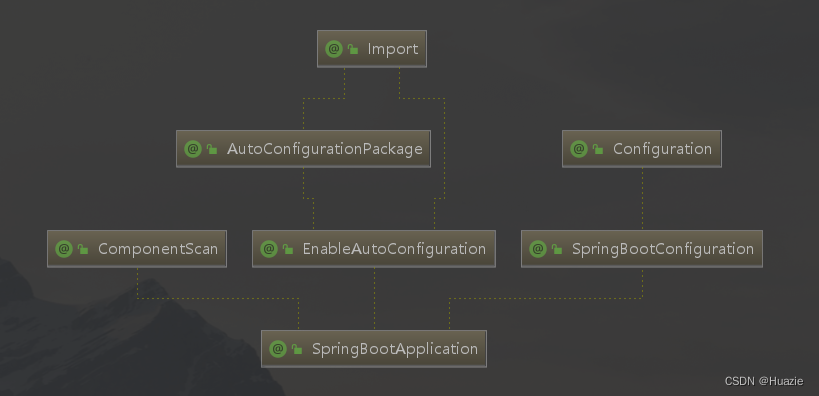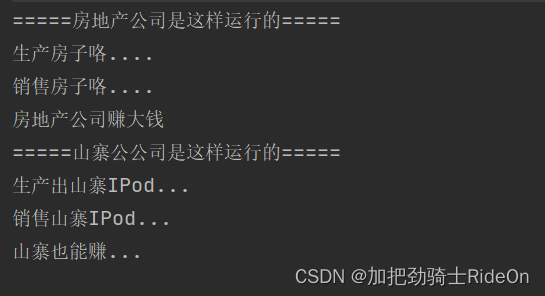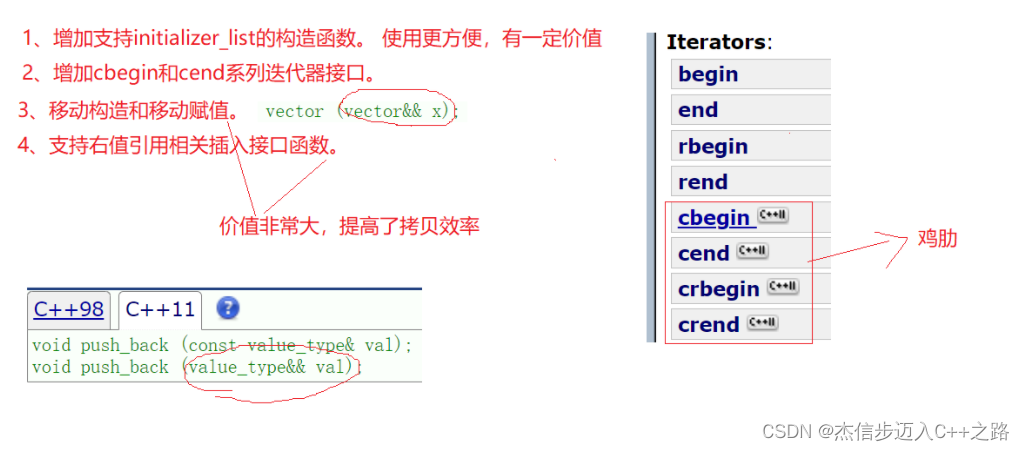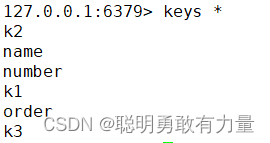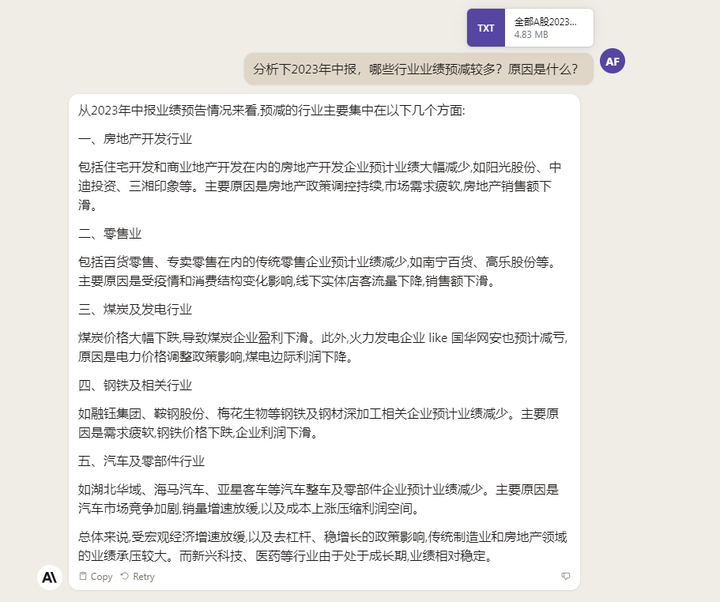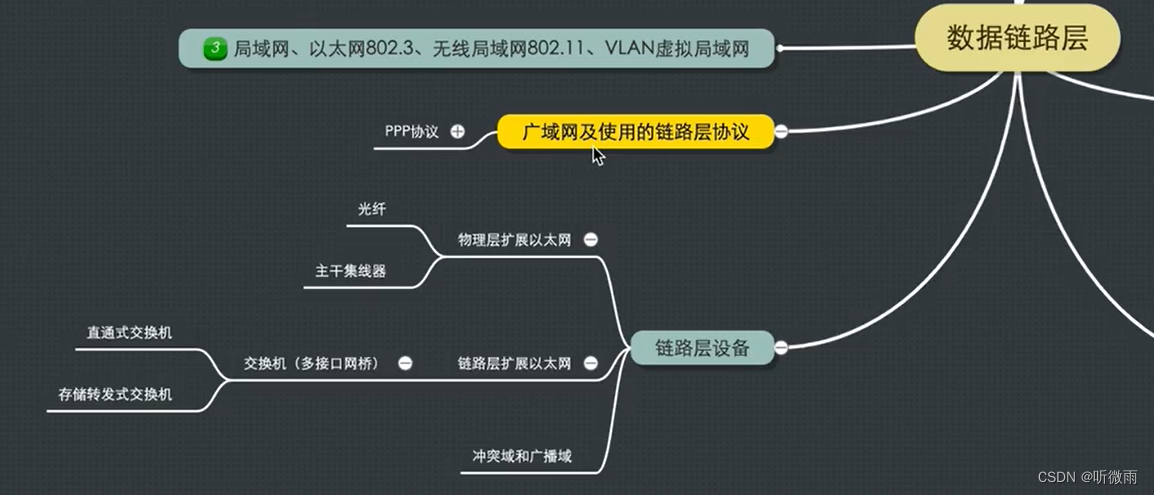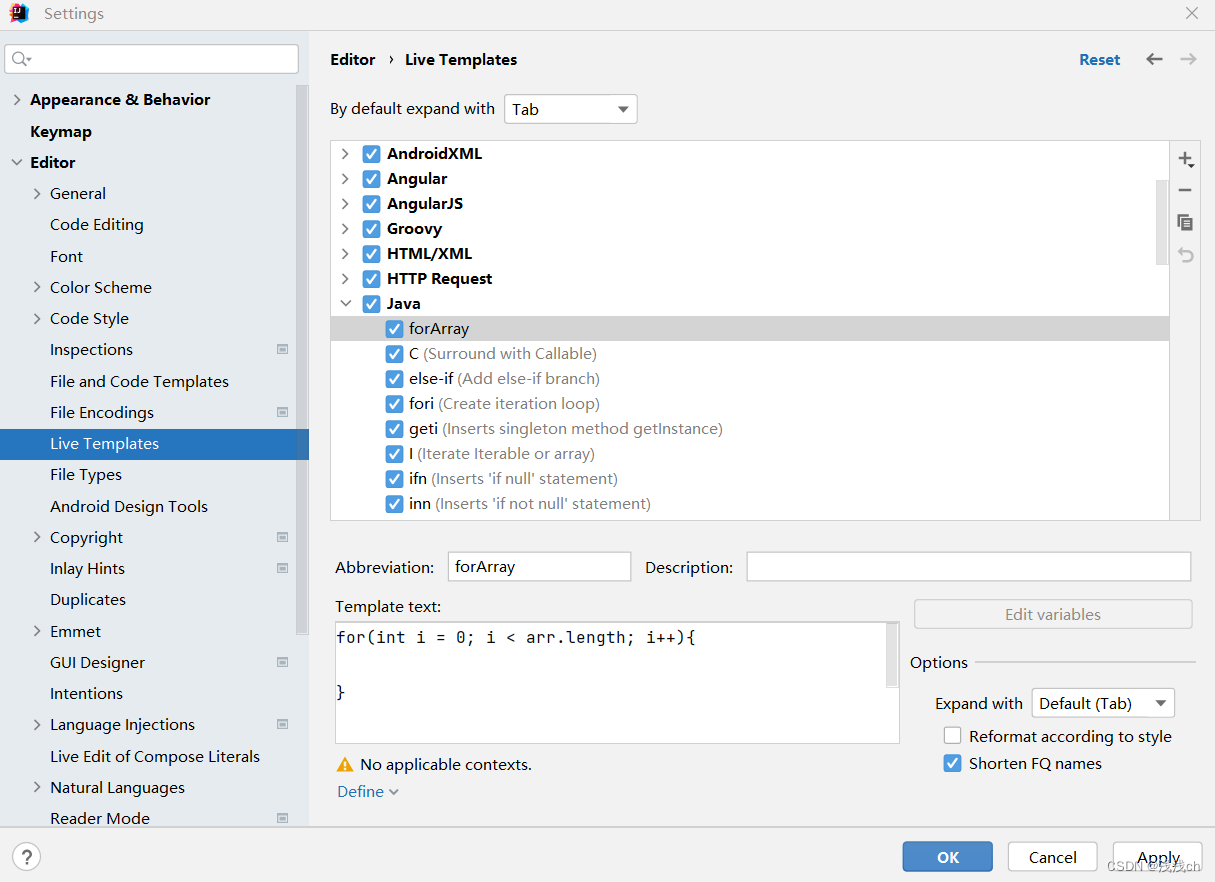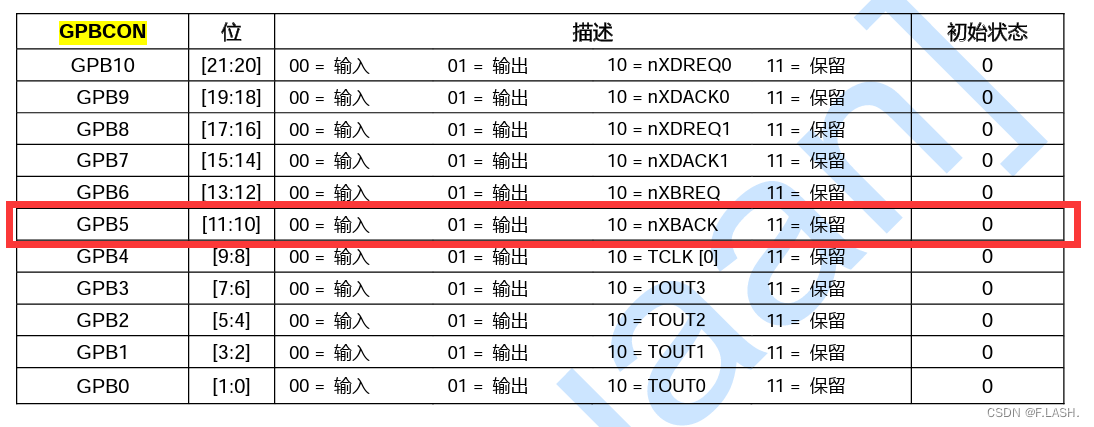定义于头文件 <istream>
| template< class CharT, |
类模板 basic_istream 提供字符流上的高层输入支持。受支持操作包含带格式的输入(例如整数值或空白符分隔的字符与字符串)和无格式输入(例如未处理字符和字符数组)。此功能以通过 basic_ios 基类访问的底层 basic_streambuf 类所提供的接口实现。大多数库实现中, basic_istream 有一个非继承数据成员:用于存储 basic_istream::gcount() 所返回的值。
寻位
返回输入位置指示器
std::basic_istream<CharT,Traits>::tellg| pos_type tellg(); |
返回当前关联的 streambuf 对象的输入位置指示器。
表现为无格式输入函数 (UnformattedInputFunction) ,除了不影响 gcount() 。构造并检查 sentry 对象后,若 fail() == true ,则返回 pos_type(-1) 。否则,返回 rdbuf()->pubseekoff(0, std::ios_base::cur, std::ios_base::in) 。
参数
(无)
返回值
成功时为获取指针的当前位置,失败时为 pos_type(-1) 。
异常
若出现错误(错误状态标志不是 goodbit )并且设置了 exceptions() 为对该状态抛出则为 failure 。
若内部操作抛出异常,则捕获它并设置 badbit 。若对 badbit 设置了 exceptions() ,则重抛该异常。
调用示例
#include <iostream>
#include <string>
#include <sstream>
int main()
{
std::string str = "Hello, world";
std::istringstream in(str);
std::string word;
in >> word;
std::cout << "After reading the word \"" << word
<< "\" tellg() returns " << in.tellg() << '\n';
}输出

设置输入位置指示器
std::basic_istream<CharT,Traits>::seekg| basic_istream& seekg( pos_type pos ); | ||
| basic_istream& seekg( off_type off, std::ios_base::seekdir dir); |
设置当前关联 streambuf 对象的输入位置指示器,失败的情况下调用 setstate(std::ios_base::failbit) 。
| 进行任何其他动作前, | (C++11 起) |
seekg 表现为无格式输入函数 (UnformattedInputFunction) ,除了不影响 gcount() 。构造并检查 sentry 对象后,
1) 设置输入位置指示器为绝对(相对于文件起始)值 pos 。具体而言,执行 rdbuf()->pubseekpos(pos, std::ios_base::in) 。
2) 设置输入位置指示器为相对于 dir 所定义位置的 off 。具体而言,执行 rdbuf()->pubseekoff(off, dir, std::ios_base::in) 。
参数
| pos | - | 设置输入位置指示器到的绝对位置。 | ||||||||
| off | - | 设置输入位置指示器到的相对位置。 | ||||||||
| dir | - | 定义应用相对偏移到的基位置。它能为下列常量之一:
|
返回值
*this
异常
若出现错误(错误状态标志不是 goodbit )并且设置了 exceptions() 为对该状态抛出则为 failure 。
若内部操作抛出异常,则捕获它并设置 badbit 。若对 badbit 设置了 exceptions() ,则重抛该异常。
调用示例
#include <iostream>
#include <string>
#include <sstream>
int main()
{
std::string str = "Hello, world";
std::istringstream in(str);
std::string word1, word2;
in >> word1;
in.seekg(0); // 回溯
in >> word2;
std::cout << "word1 = " << word1 << '\n'
<< "word2 = " << word2 << '\n';
return 0;
}输出



